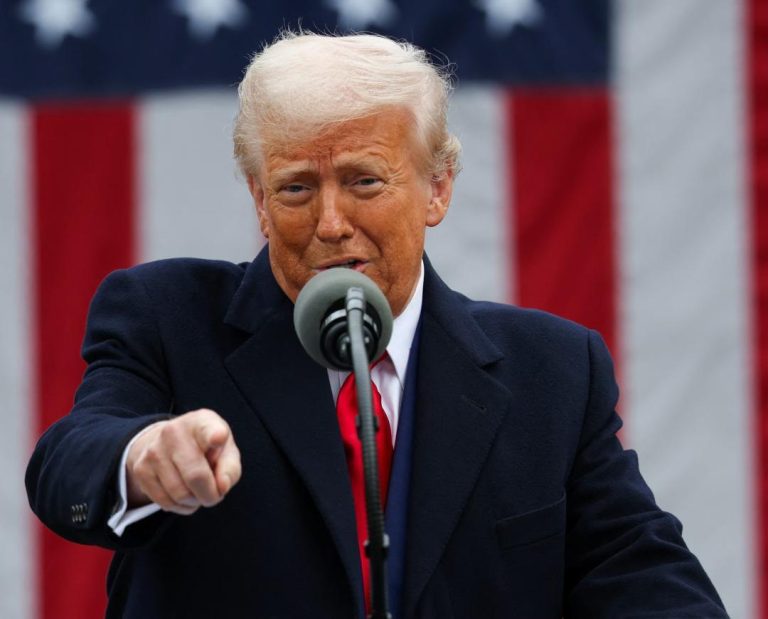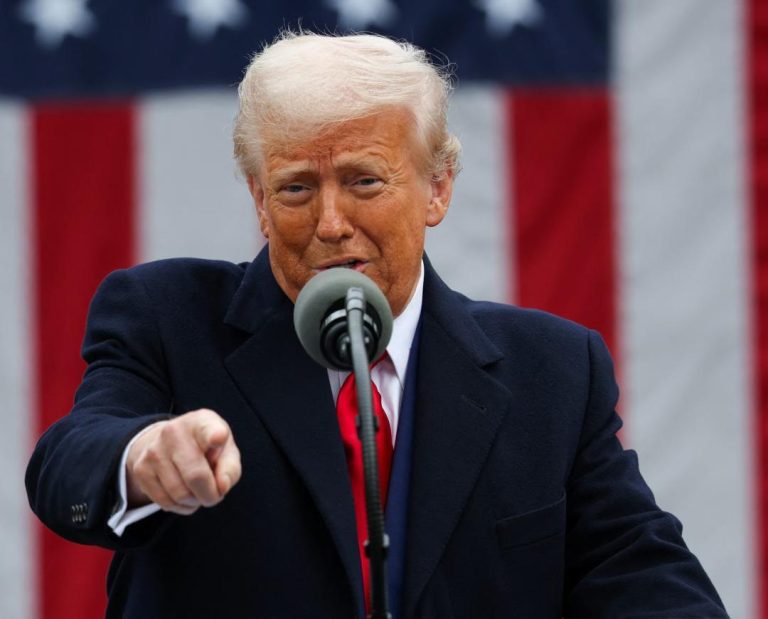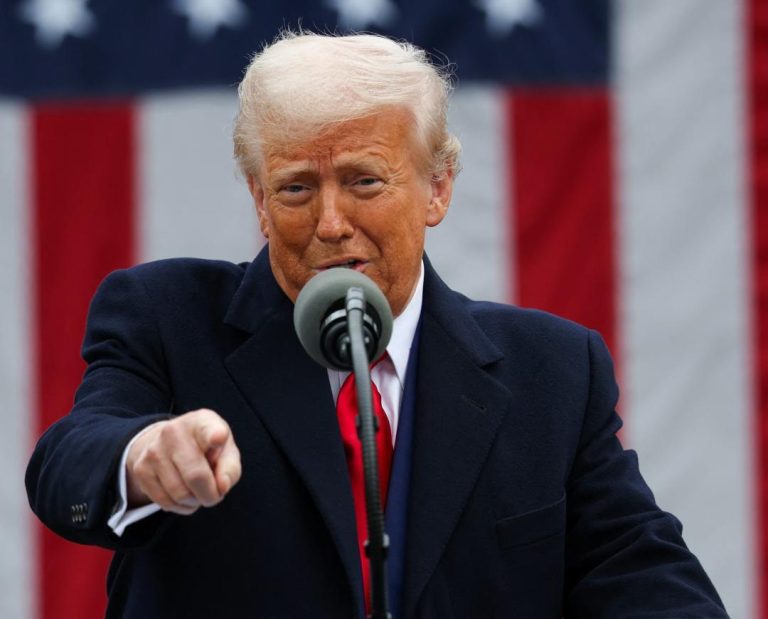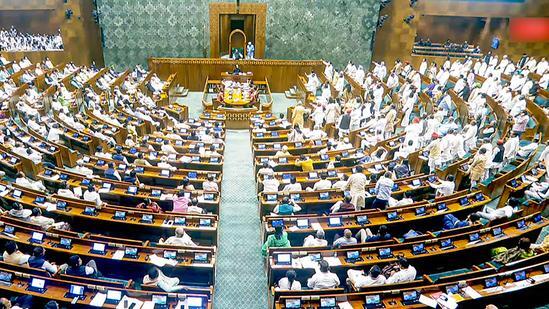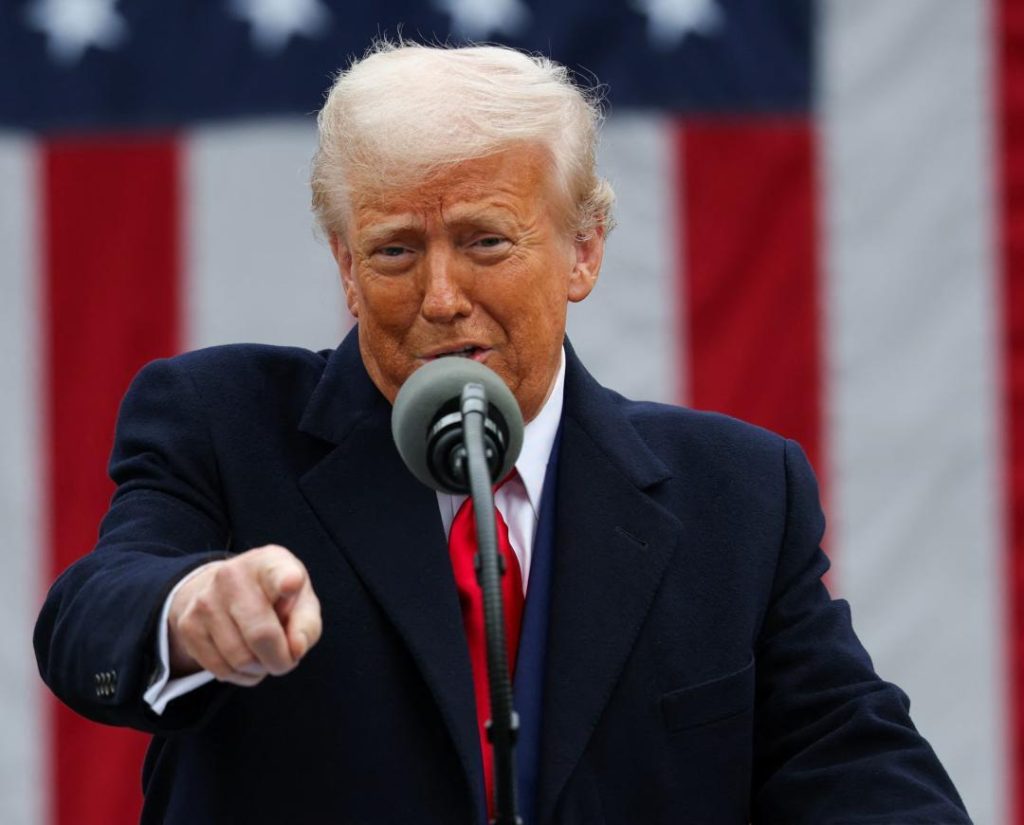
Which goods & items are exempt from Trump’s new tariffs?
On Wednesday, April 2, US President Donald Trump announced his plans to impose reciprocal tariffs on certain goods imported from several countries. The move has sent shockwaves across the global trade landscape, with many countries and industries expected to be affected. However, a closer look at the list of exempted goods reveals that not all commodities are being targeted by the tariffs. In this blog post, we will explore the list of goods and items that have been kept out of the ambit of Trump’s reciprocal tariffs.
Pharmaceuticals: A significant exemption
One of the most significant exemptions from Trump’s tariffs is pharmaceuticals. This comes as a relief to India, which is one of the largest exporters of pharma products to the US. According to a report by Moneycontrol, pharma products comprise nearly $9 billion worth of exports from India. This means that the Indian pharma industry, which is a significant contributor to the country’s economy, will not be affected by the tariffs.
Bullion: Physical gold and silver of high purity
Another exemption from Trump’s tariffs is bullion, which includes physical gold and silver of high purity. This is likely to be a relief to investors and consumers who trade in these precious metals. Bullion is often used as a hedge against inflation and market volatility, and the exemption from tariffs is likely to make it more attractive to investors.
Energy: A crucial exemption
Energy is another critical sector that has been exempted from Trump’s tariffs. This includes oil, natural gas, and other energy-related products. The exemption of energy products is likely to have a significant impact on the global energy market, as the US is one of the largest consumers of energy products.
Some minerals not available in the US
Trump’s tariffs have also excluded some minerals that are not available in the US. This includes rare earth minerals, lithium, and other minerals that are critical to the production of advanced technologies such as electric vehicles and renewable energy systems.
Copper: A key exemption
Copper is another metal that has been exempted from Trump’s tariffs. Copper is a critical component in the production of many consumer goods, including electronics, automobiles, and construction materials.
Steel and aluminum: A surprise exemption
In a surprise move, steel and aluminum, which are among the most heavily tariffed commodities, have also been exempted from Trump’s tariffs. This is likely to be a relief to industries that rely heavily on these metals, such as construction, automotive, and aerospace.
Semiconductors: A critical exemption
Semiconductors, which are critical components in the production of advanced technologies such as smartphones, computers, and televisions, have also been exempted from Trump’s tariffs. This is likely to have a significant impact on the global technology industry, as semiconductors are a critical component in the production of many consumer goods.
Lumber articles: A surprise exemption
Finally, lumber articles, which include wood products such as plywood, veneer, and wood pulp, have also been exempted from Trump’s tariffs. This is likely to be a relief to industries that rely heavily on wood products, such as construction and furniture manufacturing.
Conclusion
In conclusion, while Trump’s tariffs have sent shockwaves across the global trade landscape, not all goods and items are being targeted. Certain commodities, including pharmaceuticals, bullion, energy, some minerals not available in the US, copper, steel, aluminum, semiconductors, and lumber articles, have been exempted from the tariffs. This is likely to have significant implications for industries and countries that rely heavily on these commodities. As the global trade landscape continues to evolve, it will be important to monitor the impact of these tariffs and the exemptions that have been granted.
Source:
